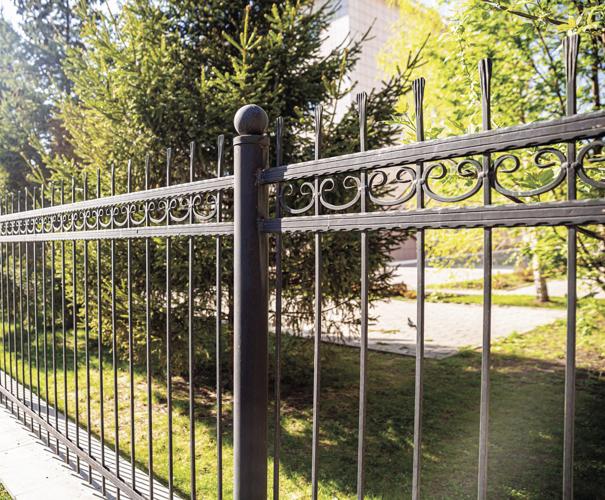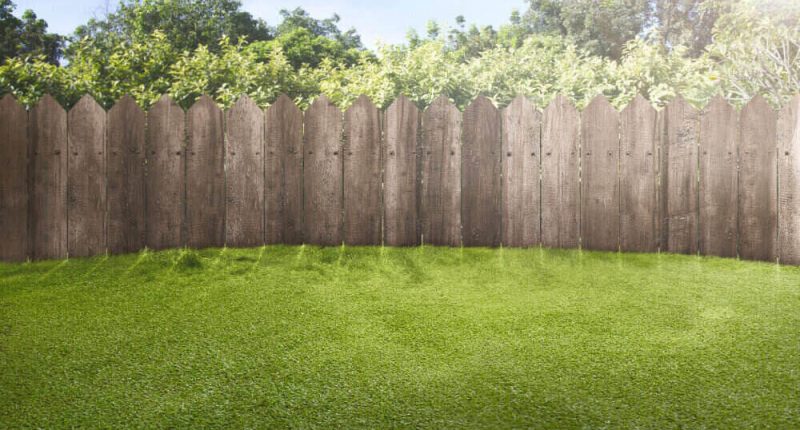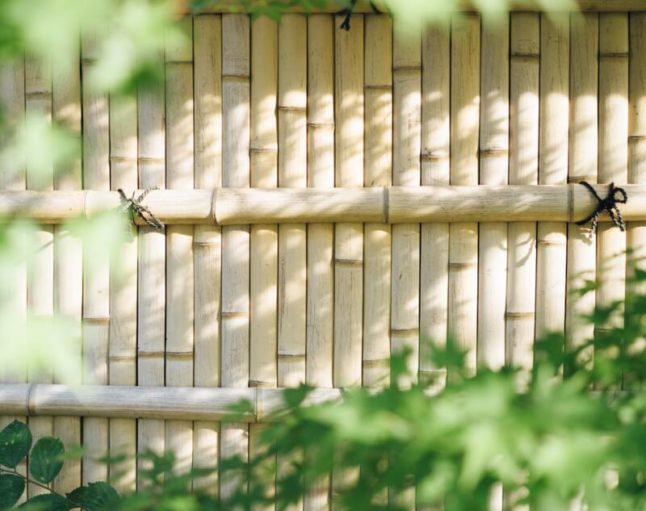All Categories
Featured

Selecting the ideal fencing product is necessary for achieving the balance of resilience, appearances, and functionality that fits your residential or commercial property. Timber, vinyl, and light weight aluminum are popular selections, each with unique attributes that deal with details demands. Right here's an extensive consider the advantages and downsides of these three products.
Wood Fence. Pros:. Timeless Allure: Wood provides a natural, timeless look that matches various architectural styles. Personalized: It can be repainted or tarnished in a range of design and colors. Economical: Wood fencings are commonly less expensive ahead of time than plastic or light weight aluminum. Eco-Friendly: As a sustainable source, timber is naturally degradable and lasting when sourced properly. Cons:. Maintenance-Intensive: Needs regular discoloration, painting, or securing to shield versus climate and insects. Much Shorter Lifespan: Depending upon the sort of timber and climate, it commonly lasts 10-15 years. Susceptability to Damage: Prone to decaying, bending, and termite damage without appropriate care. Timber is optimal for property owners that value aesthetic appeals and want to invest time and effort in maintenance to prolong its life.
Plastic Fence. Pros:. Sturdy: Resistant to insects, rot, and weather, vinyl maintains its framework in rough problems. Reduced Upkeep: Needs little maintenance past occasional cleaning. Long Life expectancy: Plastic can last 20-30 years without substantial wear or damage. Flexible Designs: Offered in different shades, textures, and styles, including choices that simulate wood. Disadvantages:. Pricey Installment: Vinyl fencings are extra costly to install compared to wood. Fragile in Winter: Plastic can fracture in extreme chilly climates. Difficult to Repair work: If damaged, whole areas might require substitute, which can be challenging to match. Vinyl fencing is a great choice for those prioritizing long life and minimal maintenance, also if it includes a higher ahead of time price.

Aluminum Fence. Pros:. Rust-Resistant: Aluminum does not rust, making it ideal for damp or wet locations. Strong but light-weight: Deals toughness without being excessively hefty, which streamlines installment. Reduced Upkeep: Requires little bit more than cleaning and occasional repainting. Longevity: Aluminum fences can last for years without considerable damage. Stylish Styles: Usually used for ornamental purposes, aluminum includes sophistication to any kind of residential or commercial property. Disadvantages:. High Initial Expense: Aluminum fences are amongst the extra pricey alternatives. Restricted Privacy: Typically created with open rooms, they do not block sights or sound. At risk to Dents: While strong, light weight aluminum can be nicked or curved with heavy impact. Aluminum is best suited for those that desire a durable, elegant fence and do not require full personal privacy.
Making the Right Selection. Each material has its weaknesses and strengths:

Timber is best for eco-conscious purchasers and standard aesthetic appeals that do not mind upkeep. Vinyl helps property owners seeking a weather-resistant, low-maintenance solution. Aluminum is a long lasting, attractive choice for those who desire beauty and long life. Consider your top priorities-- whether it's price, look, personal privacy, or maintenance-- and seek advice from a secure fencing professional to pick the material that ideal satisfies your needs. A well-selected fencing will certainly boost your property for many years to find.
Latest Posts
Explore Premier Vehicle Maintenance Care in Chicago – Quality Service Today
Published en
1 min read
Learn How WyHy FCU Maximizes Your Savings on Financing and Accounts
Published en
1 min read
Take Advantage of Limited-Time Auto Repair Offers in Chicago at Montclare Auto Repair
Published en
1 min read
More
Latest Posts
Explore Premier Vehicle Maintenance Care in Chicago – Quality Service Today
Published May 27, 25
1 min read
Learn How WyHy FCU Maximizes Your Savings on Financing and Accounts
Published May 27, 25
1 min read
Take Advantage of Limited-Time Auto Repair Offers in Chicago at Montclare Auto Repair
Published May 24, 25
1 min read